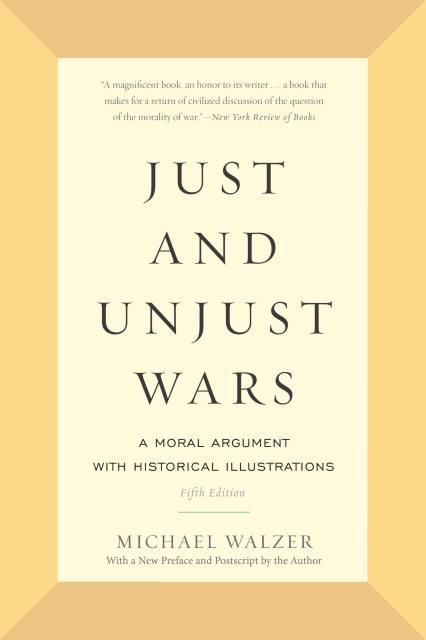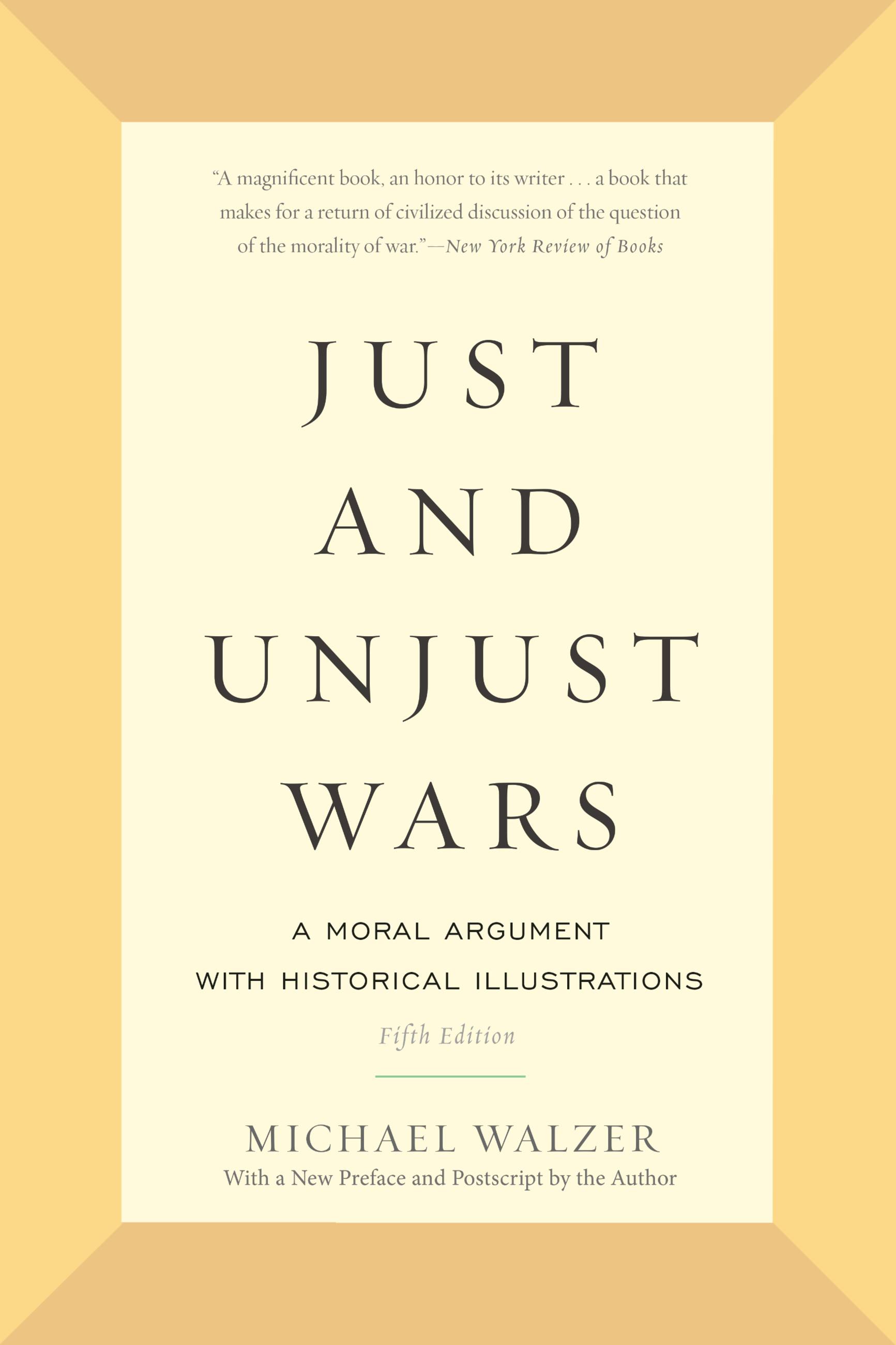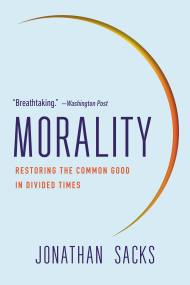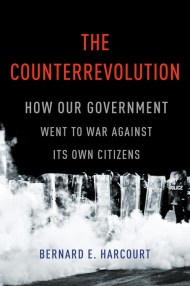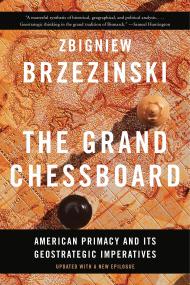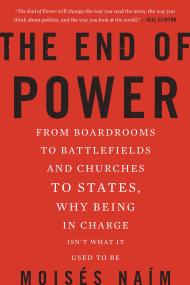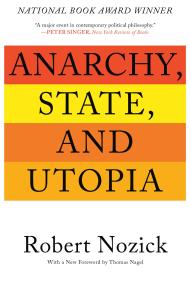By clicking “Accept,” you agree to the use of cookies and similar technologies on your device as set forth in our Cookie Policy and our Privacy Policy. Please note that certain cookies are essential for this website to function properly and do not require user consent to be deployed.
Just and Unjust Wars
A Moral Argument with Historical Illustrations
Contributors
Formats and Prices
- On Sale
- Aug 11, 2015
- Page Count
- 416 pages
- Publisher
- Basic Books
- ISBN-13
- 9780465052714
Price
$19.99Price
$25.99 CADFormat
Format:
- Trade Paperback $19.99 $25.99 CAD
- ebook $13.99 $17.99 CAD
- Audiobook Download (Unabridged) $31.99
This item is a preorder. Your payment method will be charged immediately, and the product is expected to ship on or around August 11, 2015. This date is subject to change due to shipping delays beyond our control.
Buy from Other Retailers:
“A classic in the field” (New York Times), this is a penetrating investigation into moral and ethical questions raised by war, drawing on examples from antiquity to the present.
Just and Unjust Wars has forever changed how we think about the ethics of conflict. In this modern classic, political philosopher Michael Walzer examines the moral issues that arise before, during, and after the wars we fight. Reaching from the Athenian attack on Melos, to the Mai Lai massacre, to the war in Afghanistan and beyond, Walzer mines historical and contemporary accounts and the testimony of participants, decision makers, and victims to explain when war is justified and what ethical limitations apply to those who wage it.
Just and Unjust Wars has forever changed how we think about the ethics of conflict. In this modern classic, political philosopher Michael Walzer examines the moral issues that arise before, during, and after the wars we fight. Reaching from the Athenian attack on Melos, to the Mai Lai massacre, to the war in Afghanistan and beyond, Walzer mines historical and contemporary accounts and the testimony of participants, decision makers, and victims to explain when war is justified and what ethical limitations apply to those who wage it.
-
"A magnificent book, an honor to its writer...a book that makes for a return of civilized discussion of the question of the morality of war."New York Review of Books
-
"A passionate defense of the old principle of non-combatant immunity.... [Walzer] is both thorough and persuasive in his exploration of a very intricate subject."Washington Post
-
"A classic in the field."New York Times
-
"One of the most significant modern restatements of just-war thinking."Nation
-
"A clear, humane, and startingly original survey of the moral issues that complicate modern war-making."Atlantic
Newsletter Signup
By clicking ‘Sign Up,’ I acknowledge that I have read and agree to Hachette Book Group’s Privacy Policy and Terms of Use
